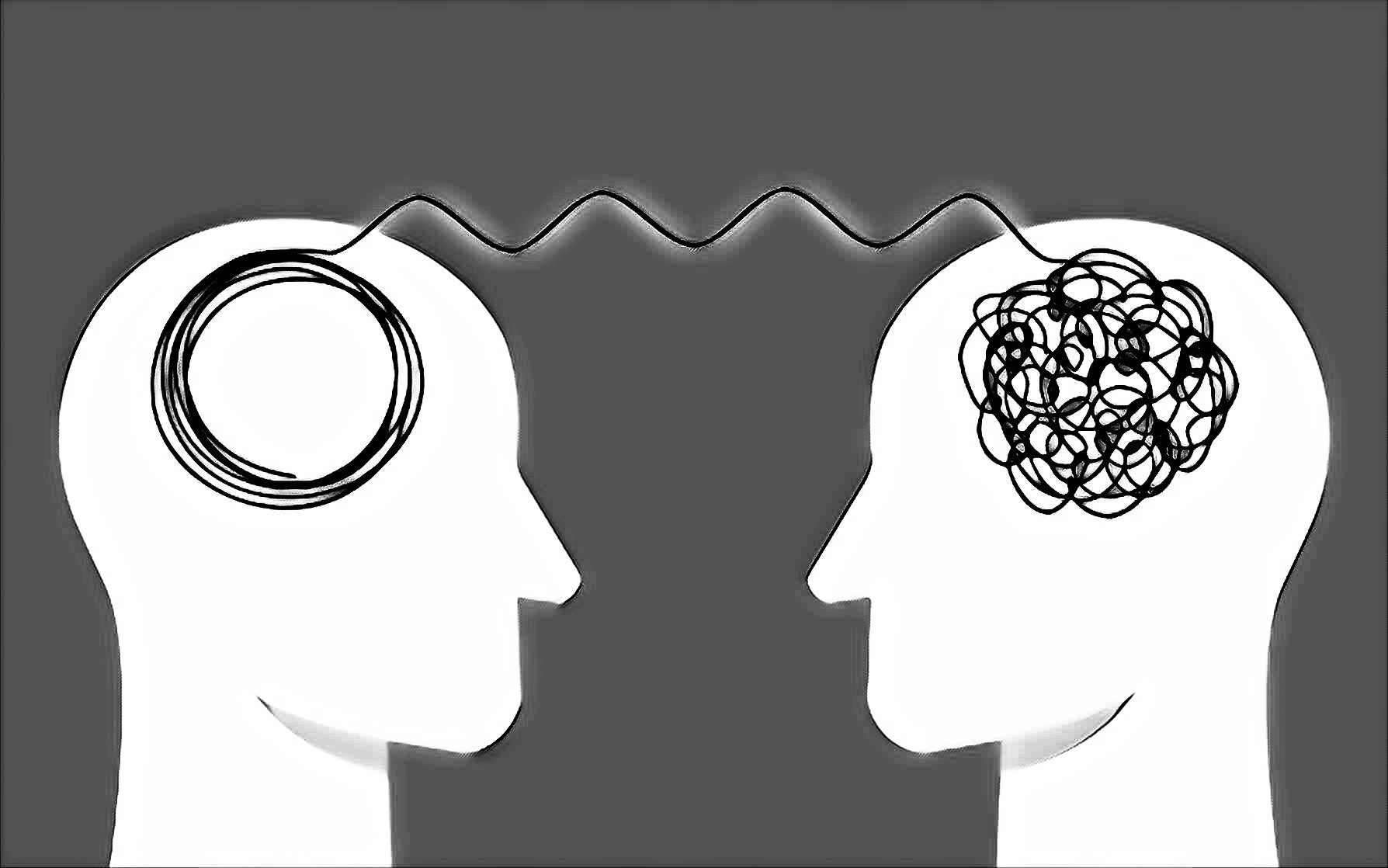The Empath and other Neurodivergent Social Stigmas
/I consider the empath to belong within the group labelled, neurodivergent. Empaths are not neurotypical.
The general understanding of neurodivergent is predominantly associated with people who are on the autism spectrum. It also includes anybody whose brain functions differently.
This is what the Cleveland Clinic has to say about the neurodivergent.
PART 1: The term “neurodivergent” describes people whose brain differences affect how their brain works. That means they have different strengths and challenges from people whose brains don’t have those differences. The possible differences include medical disorders, learning disabilities and other conditions.
It’s a polite, politically correct term “they” give to those “they” view as mentally f%&*@d up.
PART 2: The possible strengths include better memory, being able to mentally picture three-dimensional (3D) objects easily, the ability to solve complex mathematical calculations in their head, and many more.
Society tends to only register Part 1… the disorders, challenges or “conditions”.
If we focus on Part 2, we realize that neurodivergence is a gift, a superpower that is above the norm.
Society likes to keep people in alignment with the lowest common denominator for the sake of control and/or assimilation into the set standards of an outdated education system designed to create conforming worker-bees. And btw, the Empath and HSP are forms of neurodivergence.
Let’s take Part 2 to a different level, starting with so-called ailments and disorders such as ADD (Attention Deficit Disorder). Just because the average person lacks curiosity and intrigue and is almost numbed by mass hypnosis and made placid in thought, doesn’t mean that the highly curious have a disorder. Rather than medicate and numb brain, put them more challenging and creative environments, or teach them mediation. As far as I am concerned, lacking curiosity is a disorder. Ask Albert Einstein, who once said, “I have no special talents, I am only passionately curious”. Passionately curious!
Let’s take ADHD (Attention Deficit Hyperactivity Disorder), in short, overly active with heightened spontaneity. Is that really a disorder, compared to being an emotionally numb drone of middle society? Encourage and inspire them to choose careers that require more energy and quick decision-making. This is a rudimentary suggestion that requires deeper thinking and exploration, but without that deeper exploration, prescriptions and shaming aren’t really solving the “problem”.
The list of diagnosed disorders as acronyms is endless. And btw, almost all of them are recent phenomenon or labels with a negative connotation. How are they treated? With pharmaceuticals that make them act like everybody else. Hmmm. How are they created? Arguably pharmaceuticals for financial gain by obligating people to be on life-time medication. Genius.
Perhaps we should embrace and elevate this exceptional people rather than condemn and banish them to an inferior status guilted into shame as if they have cerebral cooties.
So, let’s talk about the disorder of being highly sensitive (HSP). Again, this is not a disorder. It’s a gift, as superpower, as is autism and ADD etc. Think Rain Man (movie with Dustin Hoffman and Tom Cruise. Dustin Hoffman’s character has extraordinary mathematical abilities… “they” consider that a disorder… LMAO.
If you fall into the category of a neurodivergent, in any, and all of its numerous variations: Depersonalization/Derealization Disorder (DPDRD); Other Specified Dissociative Disorders (OSDD); Unspecified Dissociative Disorder (UDD) etc, etc… including the empath, the psychic, or Rain man/women), begin celebrating your unique gifts and end the shame. You are special. You are magical. You have a superpower. I honor you!
Sincerely,
Vital Germaine (The Sigma Empath)



